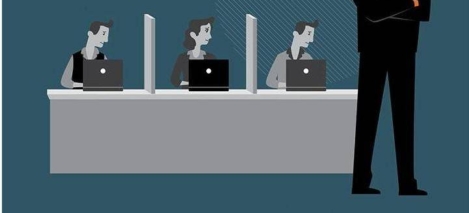March 29, 2016
Workers spend large parts of each day doing nothing or wasting their time 0
 If it ever seems that you spend a large chunk of your average working day either doing nothing or wasting it on pointless nonsense, then don’t worry about it because that is all perfectly normal. You may already know that just by looking around you, but two new surveys highlight just how much time people consider unproductive each day. The Global Attitudes to Work survey from Qualtrics polled 6,250 employees in 14 countries and found that UK workers believe that 36 percent of the time they spend at work is unproductive. This puts the UK towards the bottom of the international pile when it comes to perceptions of their productivity, a fact perhaps explained by another survey from Workfront which suggest that many Brits are unnecessarily disorganised and spend inordinate amounts of time dealing with non work related emails, looking for lost files and then simply replicating them after fruitless searches.
If it ever seems that you spend a large chunk of your average working day either doing nothing or wasting it on pointless nonsense, then don’t worry about it because that is all perfectly normal. You may already know that just by looking around you, but two new surveys highlight just how much time people consider unproductive each day. The Global Attitudes to Work survey from Qualtrics polled 6,250 employees in 14 countries and found that UK workers believe that 36 percent of the time they spend at work is unproductive. This puts the UK towards the bottom of the international pile when it comes to perceptions of their productivity, a fact perhaps explained by another survey from Workfront which suggest that many Brits are unnecessarily disorganised and spend inordinate amounts of time dealing with non work related emails, looking for lost files and then simply replicating them after fruitless searches.




































March 23, 2016
Is discrimination of women with children the root cause of gender pay gap? 0
by Sara Bean • Comment, Flexible working, Legal news, News, Workplace
(more…)